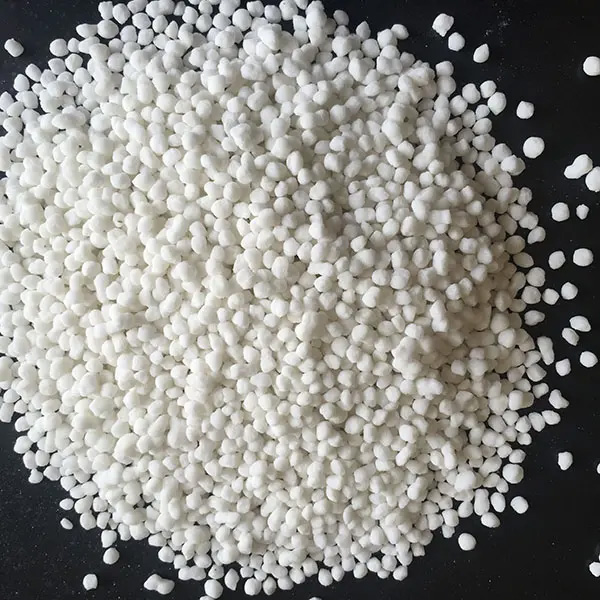As a gardener, you’re always looking for ways to improve the health and yield of your vegetable garden. One effective way to achieve this is to use ammonium sulfate as a fertilizer. Ammonium sulfate is a valuable source of nitrogen and sulfur, two essential nutrients that can significantly benefit the growth and development of vegetable plants.
Nitrogen is a key component in producing chlorophyll, which gives plants their green color and is essential for photosynthesis. By providing an easily available source of nitrogen, ammonium sulfate promotes healthy growth of the leaves and stems of vegetable plants. This is especially important for leafy vegetables like lettuce, spinach, and kale, as well as crops like corn and tomatoes that require adequate nitrogen for strong growth.
In addition to nitrogen, ammonium sulfate for vegetable garden provides sulfur, another important nutrient for vegetable plants. Sulfur plays a vital role in the formation of amino acids, proteins and enzymes, all of which are necessary for plant growth and development. By adding ammonium sulfate to your garden soil, you can ensure your vegetable plants receive an adequate supply of sulfur, which can help improve the overall health of your plants and increase their resistance to pests and diseases.
When using ammonium sulfate in your vegetable garden, it is important to apply it in the right way at the right time. Since ammonium sulfate is a quick-release fertilizer, it is best applied when plants are actively growing and need nutritional supplements. This usually occurs during the early stages of growth, as well as during periods of rapid vegetative growth or fruit development.
To apply ammonium sulfate, you can spread it evenly over the soil surface and then water it, or you can mix it into the soil before planting your vegetable crops. Be sure to follow the recommended fertilizer amounts to avoid over-fertilizing, which can lead to nutritional imbalances and potential damage to your plants.
In addition to the direct benefits to your vegetable plants, using ammonium sulfate can also have a positive impact on the overall health of your garden soil. By providing essential nutrients like nitrogen and sulfur, ammonium sulfate can help improve soil fertility and create a more favorable environment for beneficial soil microorganisms. This, in turn, improves soil structure, increases water retention, and improves nutrient availability for vegetable plants.
As with any fertilizer or soil amendment, it is important to use ammonium sulfate for vegetable garden responsibly and according to recommended guidelines. While it can be a valuable tool for maximizing vegetable garden productivity, factors such as soil pH, existing nutrient levels, and the specific needs of your vegetable crops must be considered when incorporating ammonium sulfate into your gardening practice.
In summary, ammonium sulfate can be a valuable asset for gardeners seeking to optimize vegetable plant health and yields. By providing an easily accessible source of nitrogen and sulfur, this fertilizer helps improve plant growth, increase resistance to pests and diseases, and overall soil health. With proper application and consideration of your specific gardening needs, adding ammonium sulfate to your vegetable garden can help you achieve a bountiful harvest and prosperity.
Post time: Apr-15-2024

